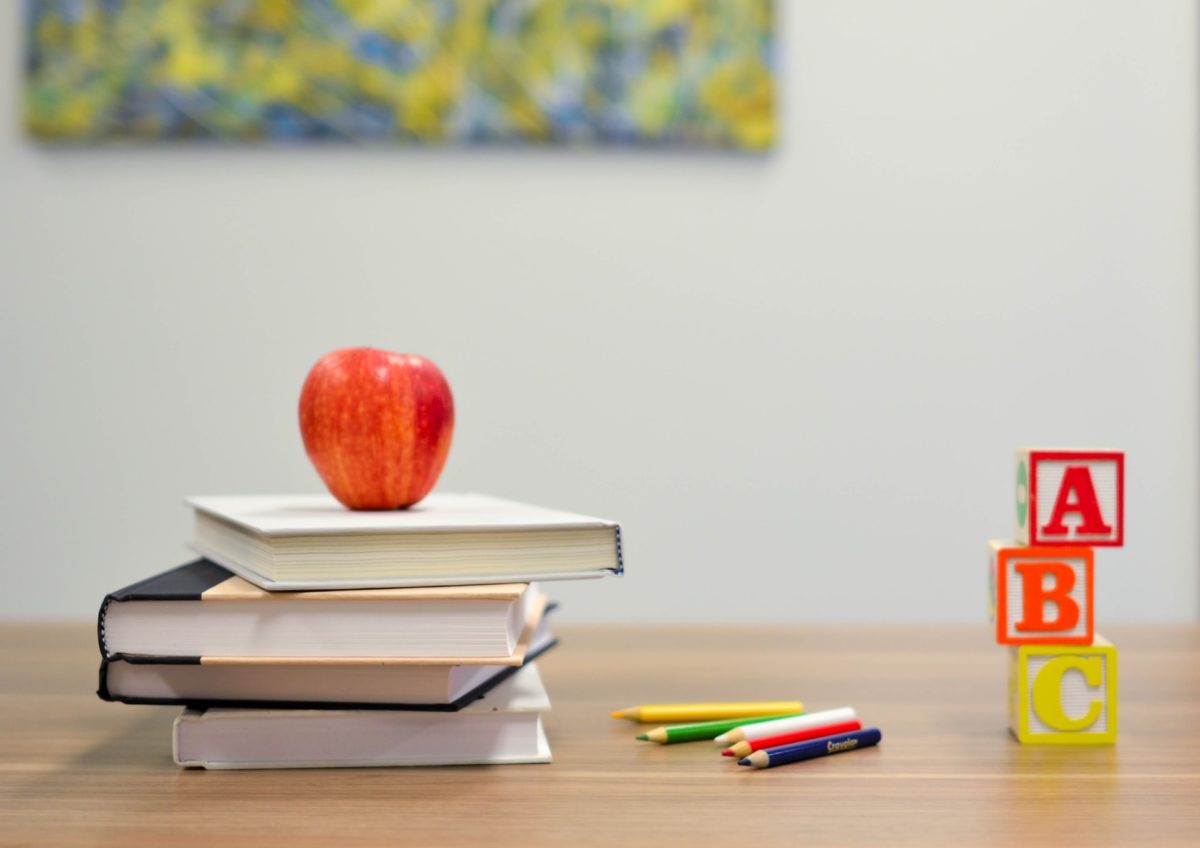How School Correlated with Parents’ Stress and Childs’ Psychological Issues During Lockdown
One of the many conversations that people have as the lockdown measures ease, and the vaccine is making its way around the world is on mental health during lockdown. Since extensive isolation is not something many people were used to before COVID-19, the effort and attempts to adapt impact mental health.
Data shows that there has been an increase in the percentages of people suffering from stress and depression. There is also an expected surge with people adapting to the new normal. It will take time for students to resume physical learning entirely, and, likely, some might not. The learning process’s current state influences this transition’s effect.
Teamwork and Digital Learning
Distance learning depends on teamwork between the parent, teacher, and student. Factors such as access to technology and seamless digital access influence the quality of experience the learner has. While these are essential aspects, the ultimate determiner of how the child performs in their psychological state.
With parents and teachers also adapting to the new normal and working from home, it takes maximum coordination to ensure the student doesn’t slip through the responsibilities. This means that there needs to be intentional participation in ensuring that assignments are covered, and the student is on top of their academic responsibilities, such as going to class.

Communication is the Key
School can be hectic for students, especially when there is a lot of family stress. The first thing all parties have to do before the learning process starts is to discuss expectations, responsibilities, and concerns. This way, you are all on the same page. Sometimes, however, while a conversation is crucial, it is sometimes impossible to talk about things.
This lack of conversation could have increased during the lockdown due to the proximity with each other. However, parents should not forget that under such stressful circumstances their children may regard any lack of communication as neglect. Student’s thoughts on child abuse and neglect found at https://gradesfixer.com/free-essay-examples/child-abuse/ will help both parties understand each other better and find new perspectives. They offer education on these crucial conversations in a way the school goer can understand and interpret. This way, they learn from a variety of voices and gain information that might be helpful to some.
Teachers and parents can also have initial meetings to understand the scope and goal of the learning process. It might be impossible for the parents to keep tabs on all lessons, but knowing the end goal can help define progress and determine the best resources.
Asking for Help
Parents are not teachers. There is a lot of pressure to get it right with home-schooling, and what this meant was that many people are stressed to attain perfection. If you need some assistance on anything, whether it’s writing an assignment, ask.
Supervision
Students can opt-out of video for their classes, which means they can skip a lesson and do other things instead of paying attention to what the teacher says. The need for supervision varies depending on the learner.
While the younger ones require help setting up their devices, the older ones might need a little assistance with time management. College and high school students might want to sleep in; parents help the teachers by giving them wake-up calls.
Learning through Play
Although covering the syllabus is essential, it is vital to remember that the learning environment is full of contradictions and differences, and students will need a customized learning approach. Easing the expectations and strictness in education and allowing learners to enjoy leisure through video games, online challenges, and social media helps them relax. Both parents and teachers can use these aspects of the student’s life to teach or connect.
Schedules and Routine
The uncertainty caused by the pandemic calls for some form of stability and structure. All parties need to create schedules that cover all responsibilities both at home and at school. However, there should be a lot of consideration to the need for play. Teachers can schedule a class where only the students attend and catch up as they would at school. This creates and maintains a crucial connection.
Conclusion
Some guidelines and lifestyles from the lockdown period will remain after the restrictions are lifted. This is part of the new normal that children have to adapt to. The cooperation between teachers, parents, and learners will help in transitioning through this period. However, this process’s success, all tips considered, depends on the awareness that this is new to everyone, and the process can take a toll on anyone.